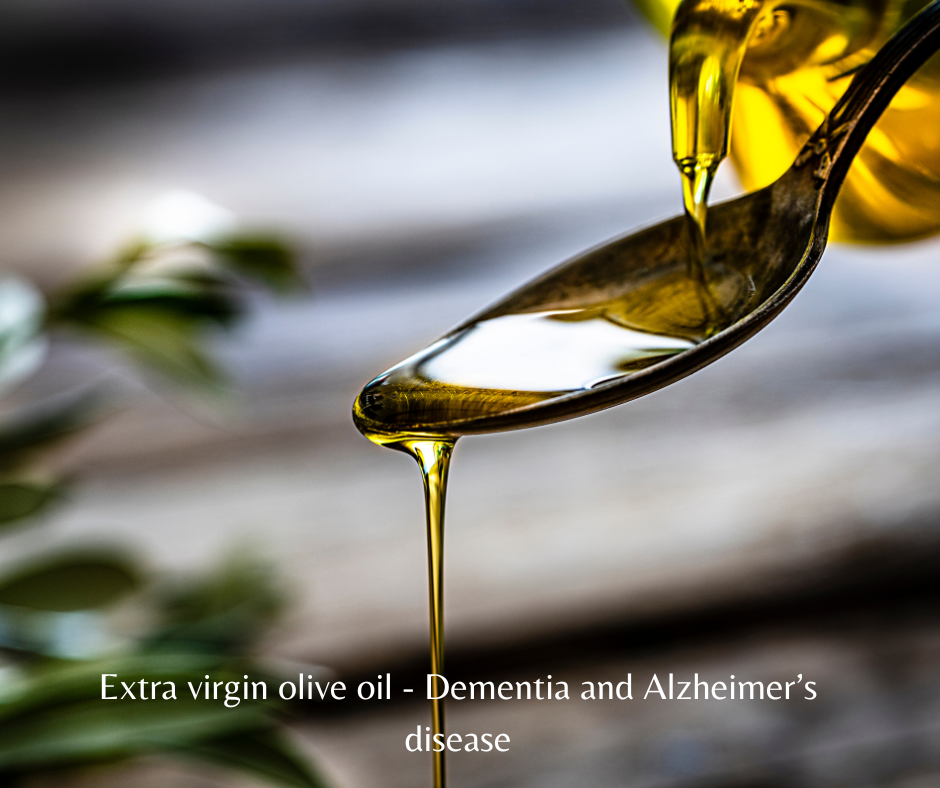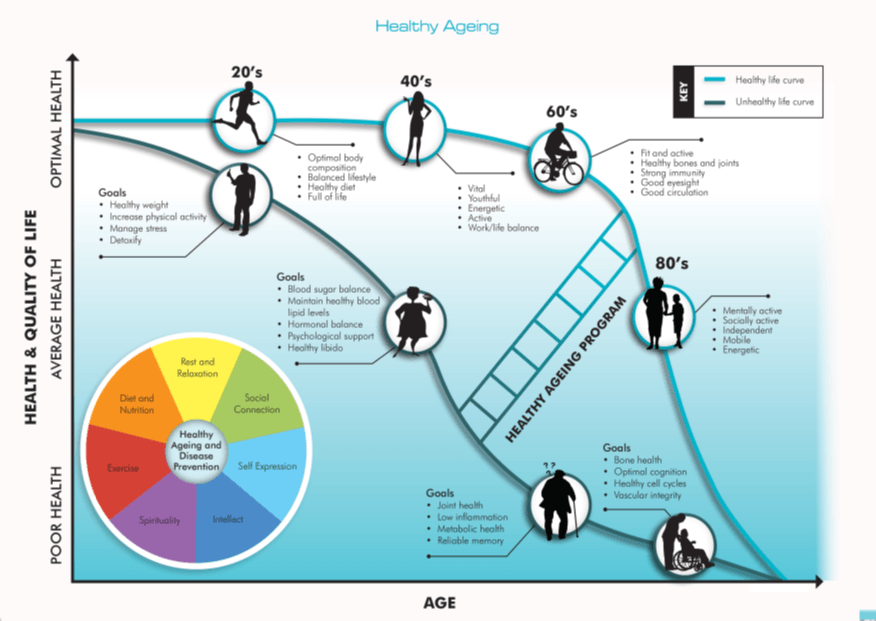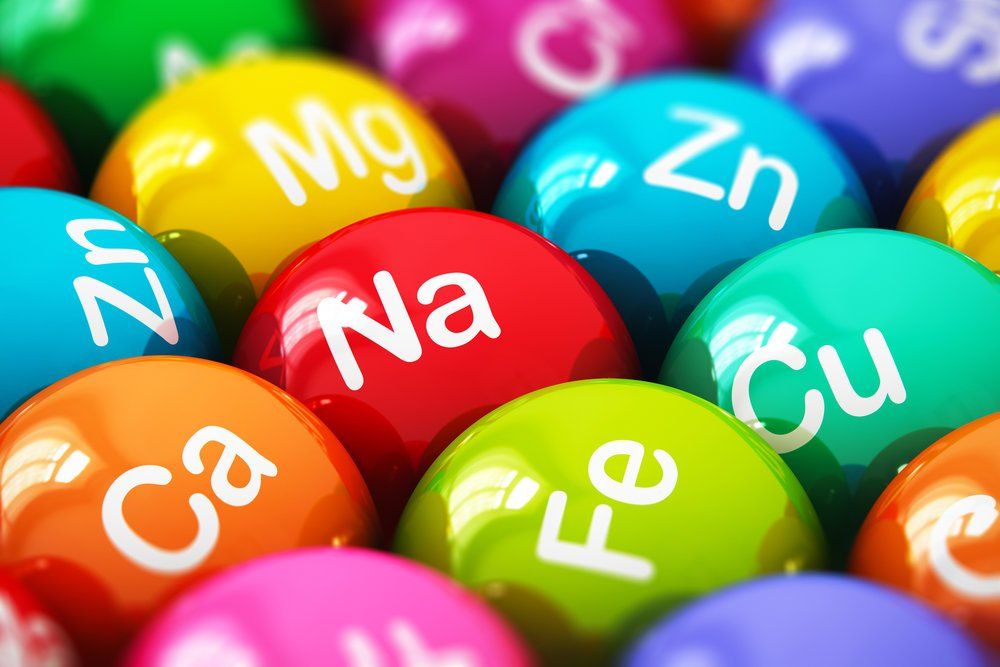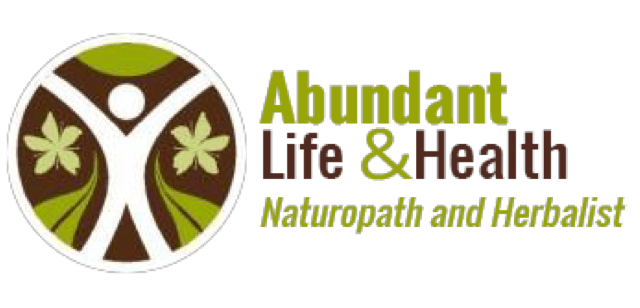Address: 16 Lemongrove Road Penrith NSW 2750
ABN: 56 189 632 055
Good Mood, Good Food: Explaining The Gut-Brain Connection
Emotional Eating and Stress Eating: Why We Love Ice-Cream
Emotional Eating. The kind where you sit in front of the TV mindlessly shovelling down a tub of ice-cream after a break-up, can also be related back to endorphins (in the brain) and enkephalins (in the gut). These substances are responsible for an in-built coping strategy within the body that helps us ‘feel numb’ to relieve stress and pain, both physical and emotional. Long-term stress can shut down appetite by wreaking havoc on hormones controlling appetite including cortisol, leptin and ghrelin.
What Are We Missing Out On?
Nutrient deficiencies should be considered too when it comes to food cravings. Craving salty snacks can indicate a lack of sodium or calcium. Experiencing anxiety and having a hankering for chocolate can be due to a magnesium deficiency. Feeling fatigued with strange cravings to chew on ice or chalk are associated with lack of iron.
Up for a Morning Coffee?
Are you relying on a coffee fix to perk you up before work? Coffee is an addiction most people can relate to. When consumed, the brain receives a surge of dopamine and endorphins, leaving us wanting more. However, caffeine affects different people differently. A cup of coffee can improve motivation and productivity in one person, and be the source of tension, nervousness, anxiety and ‘the jitters’ in another. How many cups, when and how often you consume these also factor into the equation.
A Glass and a Half Full?
Planning on kicking your feet up with a glass of bubbly tonight? Beware that alcoholic beverages, especially sweet wines and beer, are high in sugar too! This helps explain why we lose our inhibitions, get loud and rowdy when tipsy or drunk at a party... and why we feel so lousy with a hangover the next morning. Over time, heavy drinking is associated with long-term changes in serotonin and gamma-aminobutyric acid neurotransmitters (brain chemical messengers) that affect our happiness, appetite and digestion, social interactions and sleep.
Gut Feelings
The gut-brain connection is an important connection to establish. Signs and symptoms are our brains telling us that something is not quite right. A nervous stomach can present as ‘the runs’ before an exam, or butterflies in your stomach when you get super excited, or an ‘upset stomach’ when you anticipate the worst. It's also little wonder, and no coincidence, that herbal remedies like chamomile work on both the gut and the brain to effectively soothe the stomach pain, calm the nerves, and ease bloating and cramping.
Eating Disorders and Addictive Behaviours
Eating disorder cycles both influence and are influenced by serotonin and dopamine levels within the brain too. This helps understand how emerging and reinforced behaviours, thoughts and emotions contribute to establishing unhealthy eating habits including food restriction and binge eating. We are programmed to find reward-seeking behaviours to give us the feelings that substitute or compensate for a lack of pleasure, satisfaction and fulfillment that we crave but may be lacking elsewhere in our lives. Eating something that makes us feel good makes us want more of it so we can keep on feeling good: the definition of addiction. Even just the thought of sinking your teeth into a warm cinnamon sugar dusted stick of churros coated in melted chocolate contributes to the desire and addiction by raising dopamine levels in the brain and makes us salivate.
Where to Start?
But there's more to our moods than eating the right foods. Basic nutrition strategies form the foundation for maintaining good moods consistently. Eating enough food at set regular meal and snack times to form a routine is important to keep blood sugar levels steady. Skipping meals as we forget to eat breakfast rushing out the door on the way to work or taking kids to school makes us hungrier and more likely to overeat at our next meal. Even a poor sleep can affect motivation and decision-making the next day and be the determining factor that makes the difference between resisting temptation and succumbing to cravings.
Protein for Staying Power
Is mid-afternoon when you lack the most energy? Then perhaps adding in a serve of protein like eggs, chicken, yoghurt and tofu to lunch can help you retain focus and concentration. Foods that boost our moods are rich in protein and help to slow the absorption of carbohydrates in the blood for several hours after eating.
Fat Fuelled
Omega-3 fatty acids are a well-known therapy offering support in depression, post-natal depression and bipolar disorder. Omega-3 fatty acids have anti-inflammatory properties and have been shown to regulate serotonin and dopamine availability within the brain. Good sources include fatty fish (mackerel, salmon and sardines) and seeds (chia, help and flaxseeds).
Slow and Steady
Fibre rich wholefoods and wholegrains slow the absorption of sugar into the bloodstream, meaning that there is a steady release of energy that our bodies can rely on. Brown rice and oats are low glycaemic index (GI) foods that help stabilise our moods and energy. In addition to dietary fibre, these contain B vitamins that support neurotransmitter production, and in converting the sugar we eat into energy we can use. The relationship between food and the mind can be difficult to navigate. Translating the science behind how the body and brain feel in response to what we do and eat is the essential key to wellbeing.
If you are hungry to learn and understand more, need help curbing carb cravings, or for holistic mood and mental health support, call and book an appointment today on 02 4721 3198.
References Medical News Today. (2018). What are the best sources of omega-3 [Image]. Retrieved from https://www.medicalnewstoday.com/articles/323144.php











★★★★★
I can highly recommend seeing John for a natural health review. I was feeling overwhelmed, on edge, moody and really tired. Also my monthly cycle was causing me trouble. After treating my poor health with herbal medicine prescribed by John i'm able to function so much better and felt results within the first 2-3 weeks. 1 year on and i'm so grateful for his experience and knowledge in treating the issue i once was suffering from daily.
-Samantha B.
Button
★★★★★
I have been seeing John for over a year now for my chronic acid reflux issue and the herbal medicines prescribed by him have kept the issue well under control. I have also seen him for a few other issues and they have been addressed with the medicines.
My wife has also consulted him for her chronic head ache which have again reduced a lot compared to how it was before the visit.
You can trust John and his medicines. The medicines have almost zero to actually zero side effects. We can't go much wrong by giving a try.
-Athique H.
Button
★★★★★
Very Friendly and helping staff
I'm seeing positive results from treatment
Highly recommended
-Darren C.
Button

★★★★★
I can highly recommend seeing John for a natural health review. I was feeling overwhelmed, on edge, moody and really tired. Also my monthly cycle was causing me trouble. After treating my poor health with herbal medicine prescribed by John i'm able to function so much better and felt results within the first 2-3 weeks. 1 year on and i'm so grateful for his experience and knowledge in treating the issue i once was suffering from daily.
-Samantha B.
Button
★★★★★
I have been seeing John for over a year now for my chronic acid reflux issue and the herbal medicines prescribed by him have kept the issue well under control. I have also seen him for a few other issues and they have been addressed with the medicines.
My wife has also consulted him for her chronic head ache which have again reduced a lot compared to how it was before the visit.
You can trust John and his medicines. The medicines have almost zero to actually zero side effects. We can't go much wrong by giving a try.
-Athique H.
Button
★★★★★
Very Friendly and helping staff
I'm seeing positive results from treatment
Highly recommended
-Darren C.
Button
CONTACT INFORMATION
Phone: (02) 4721 3198
Address: 16 Lemongrove Road, Penrith NSW 2750
ABN: 56 189 632 055
CLINIC HOURS:
- Mon - Fri
- -
- Sat - Sun
- Closed
PAYMENT OPTIONS





